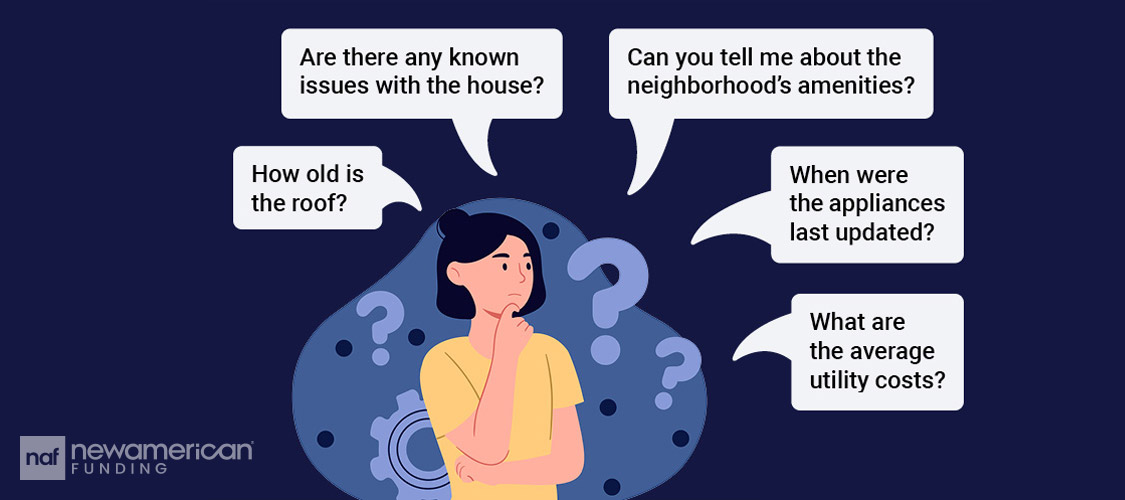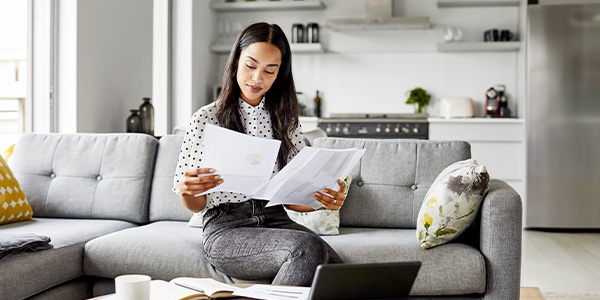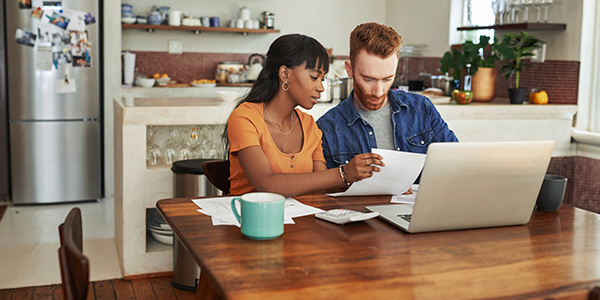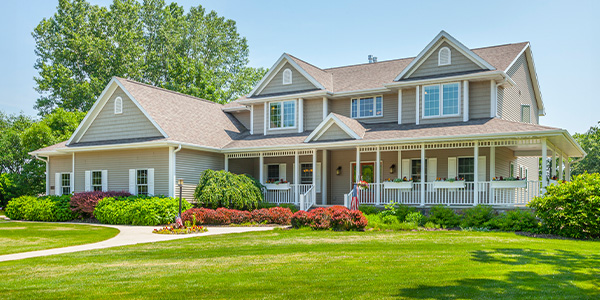Homebuyers
House Hunting Checklist
May 14, 2024
Starting on the homebuying journey is both an exhilarating adventure and a significant milestone. As you set out on this path, you'll come across many choices and considerations that can seem overwhelming. This comprehensive house-hunting checklist will guide you every step of the way, helping you navigate this journey smoothly. From preparing for property viewings to making the most of open house visits, this is your how-to.
Preparing for Home Viewings
Preparation is the cornerstone of a fruitful home viewing experience. As you prepare to explore potential homes, you'll want to do the following:
- Research each property and its surroundings
- Get to know the home’s unique features
- Find out about its recent updates and renovations
- Explore the neighborhood's safety, schools, and amenities
When scheduling your visits, aim for times that allow you to inspect each property carefully without feeling rushed. It's beneficial to space out your viewings, giving each home the attention it deserves. During these tours, carry a notebook or use your phone to jot down important details. Take pictures that will help you remember each home's pros and cons. Don't hesitate to ask questions—engage with sellers or agents to uncover as much as you can about the property. Pay close attention to the home's condition and trust your instincts about the space; if something feels off, it might be wise to keep looking.
Making the Most of Open Houses
Open houses are your opportunity to see what's available and gauge different properties and neighborhoods. Arriving early to avoid crowds is a great idea. That way you can have meaningful conversations with the real estate agent or homeowner, which can offer deeper insights into the history of the home and the neighborhood.
As you walk through each home, pay attention to the layout. Imagine your belongings fitting into the space and assess whether the home meets your lifestyle needs. It's also wise to explore the neighborhood to see if it matches your lifestyle—check out the local parks, schools, and shopping areas. If you spot a neighbor, chat with them to get a feel for the community. If you have lingering questions after the open house, follow up with the real estate agent for more details.
Key Areas to Inspect During Home Tours
Inspecting each home thoroughly is important. Look at the structural integrity from the foundation to the roof. Check for signs of damage like water stains or cracks, and make sure the home feels solid and secure. Operate the faucets, flush the toilets, and test the appliances. Make sure the heating, cooling, and ventilation systems are operational. Inspect the interior for cleanliness, damage, or odors, which can indicate deeper issues.
Understanding Layout and Space
When evaluating a home's layout and space, consider the size of the rooms and how they flow together. Make sure there's a logical arrangement that suits your needs and pay attention to window and door placements as they affect light and ventilation. Imagine living in the space—where your furniture will go, how you'll use each room, and whether the home feels welcoming and airy.
Utilizing Technology in Home Viewings
Technology can greatly enhance the homebuying process. Apps can help you inspect homes, compare properties, and view high-quality photos and virtual tours. This digital assistance can be invaluable in narrowing your choices before you visit homes in person.
Questions to Ask During a Home Viewing
During the open house, remember to ask about the property's history, recent renovations, and ongoing maintenance issues. Ask about neighborhood amenities, safety, and upcoming developments. Learn about any legal constraints or homeowner association fees and regulations.
Assessing the Neighborhood
Pay attention to the neighborhood from the minute you arrive. Evaluate its safety, amenities, and overall character. Notice the landscaping and sidewalks, whether they've been cared for, and whether people look happy. Consider how well it aligns with your lifestyle, whether it's bustling with families or a quieter area for retirees. Spend time there at different times of day to get a true feel for the community.
Taking Notes and Photos
Keeping detailed notes and photos is important during home viewings, especially if you're going to a lot of open houses. Write down your observations and immediate impressions to help you compare homes later. Take photos when you love something about the home, have questions about it, or if there are any issues. You can also discuss these things with your real estate agent and even use them to help negotiate with sellers.
Viewing Homes with a Real Estate Agent vs. Alone
Deciding whether to view homes with a real estate agent or on your own depends on your personal preferences and circumstances. A real estate agent can offer expertise and facilitate negotiations, but viewing homes alone allows you to move at your own pace. You can always attend an open house alone and then call your real estate agent afterward. They can help you communicate with the seller and negotiate. If you're looking for an experienced agent, connect with NAF Homes, an affiliated company of New American Funding, who will match you with an agent in your local market.
Red Flags to Watch Out For
Be vigilant for signs of foundational problems, roof or water damage, mold, electrical issues, and pest infestations. Unpermitted renovations and strict HOA conditions are also potential red flags.
You are now well-equipped to make the most effective decisions and find your new home—a place where you can truly be you. Contact NAF today to start the journey.







